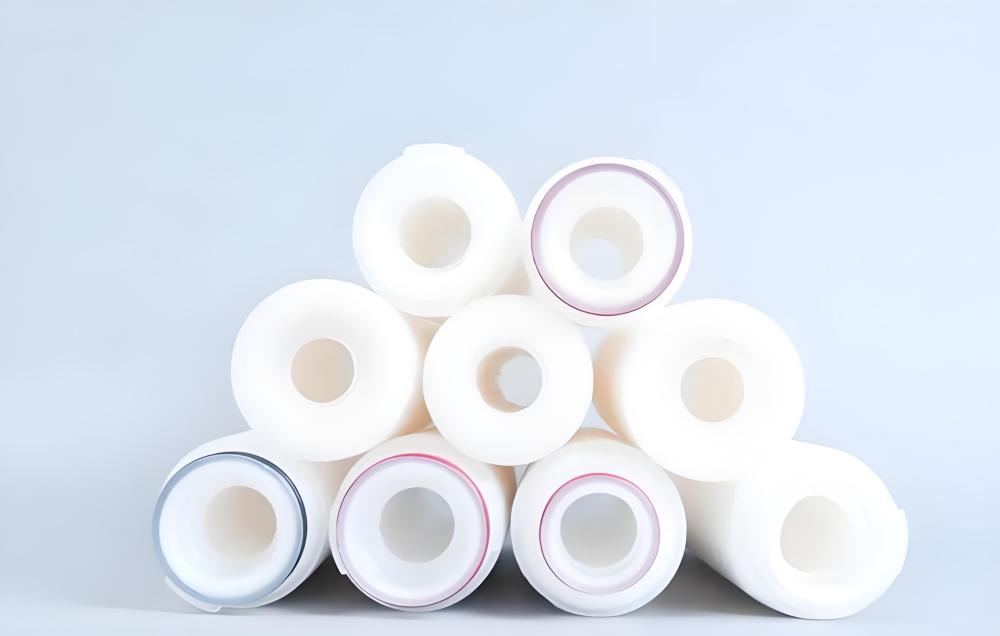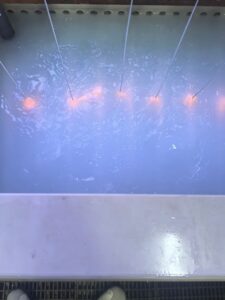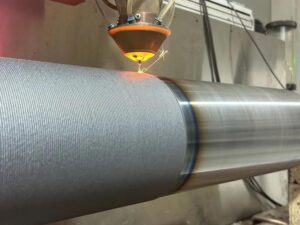Polyethersulfone, commonly known as PES, stands out as a high-performance engineering thermoplastic that has become a cornerstone in industries requiring robust, reliable materials. Renowned for its strength, thermal stability, and resistance to harsh environments, PES is a preferred choice for crafting components that endure extreme conditions. From medical equipment to aerospace parts, this versatile polymer delivers exceptional performance. In this blog, we’ll explore what makes Polyethersulfone unique, its diverse properties, types, applications, and the benefits and challenges it brings to manufacturers worldwide.
What is Polyethersulfone (PES)?
Polyethersulfone is a high-strength, amorphous thermoplastic within the sulfone polymer family. Its chemical makeup, featuring aromatic rings connected by sulfone and ether groups, gives it remarkable durability and resistance to heat and chemicals. Unlike many plastics that falter under stress, PES maintains its integrity, making it a top pick for precision machining and manufacturing. Its ability to remain stable in demanding settings, such as high-temperature or chemically aggressive environments, positions it as a go-to material for industries like healthcare, aerospace, and electronics.
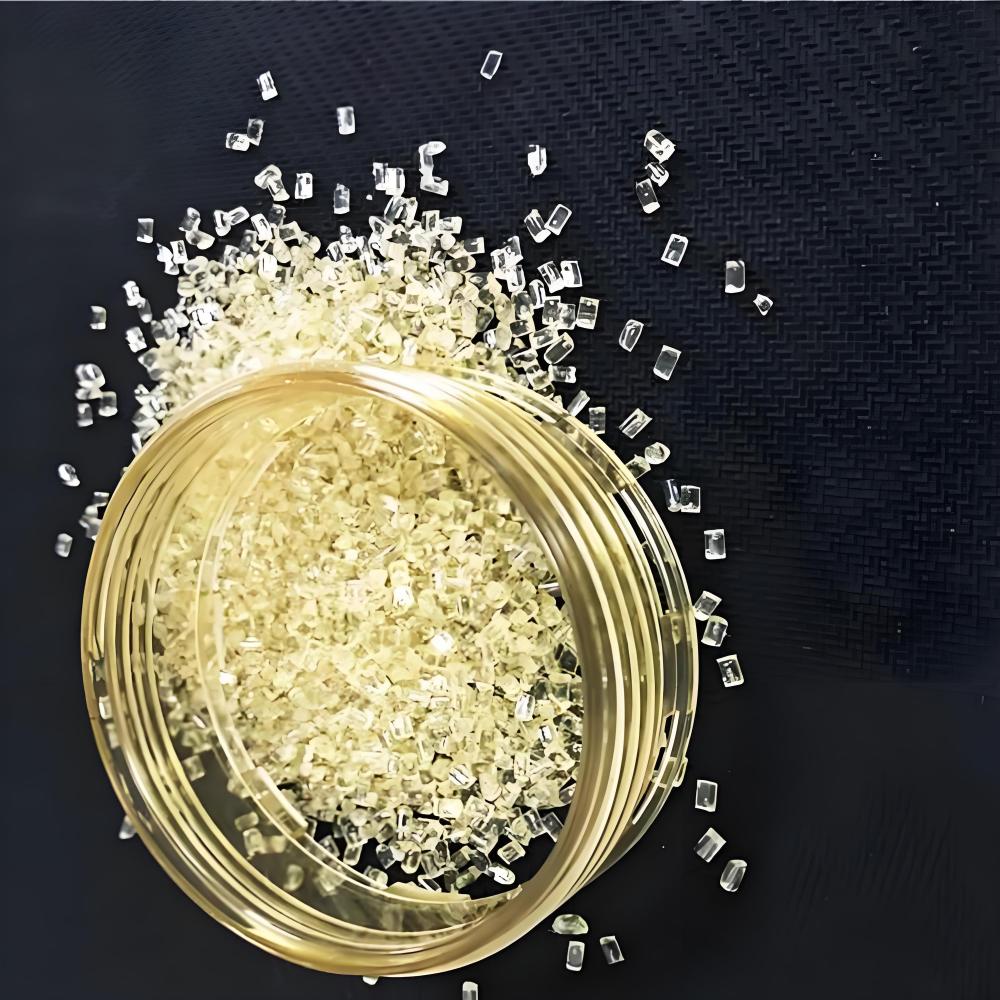
This polymer’s unique structure allows it to resist hydrolysis, ensuring it doesn’t degrade when exposed to moisture. For businesses seeking materials that combine longevity with performance, PES offers a compelling solution. Its transparency in its natural form also adds versatility, particularly in applications where visual clarity is essential.
Properties of Polyethersulfone
The strength of Polyethersulfone lies in its well-balanced properties, which make it suitable for a wide range of demanding applications. These characteristics can be divided into mechanical and physical properties, each contributing to its reputation as a high-performance material.
Mechanical Properties
- Tensile Strength: PES boasts impressive tensile strength, allowing it to withstand significant mechanical loads without breaking or deforming. This makes it ideal for structural components in high-stress environments like automotive or aerospace assemblies.
- Creep Resistance: Unlike some materials that deform under prolonged stress, PES resists creep, maintaining its shape over time. This is critical for parts like gears or bearings that endure constant pressure.
- Fatigue Resistance: PES can handle repeated loading cycles without cracking, making it a reliable choice for dynamic applications such as moving machinery parts.
- Impact Toughness: Even under sudden forces, PES remains tough, reducing the risk of failure in applications where components face unexpected impacts.
Physical Properties
- Thermal Stability: With a glass transition temperature of approximately 225°C, PES performs reliably in high-heat environments, such as electronic housings or sterilization equipment.
- Chemical Resistance: PES withstands exposure to acids, bases, solvents, and other aggressive chemicals, ensuring longevity in harsh industrial settings.
- Low Water Absorption: Its minimal moisture uptake prevents degradation in humid or wet conditions, making it suitable for medical and food-processing applications.
- Transparency: In its natural state, PES is transparent, which is valuable for applications requiring visual inspection, such as medical device components.
- Dimensional Stability: PES maintains its size and shape under varying temperatures and stresses, ensuring precision in machined parts.
These properties make Polyethersulfone a standout material for industries that demand reliability and performance under challenging conditions.
What Are the Types of Polyethersulfone?
Polyethersulfone comes in various formulations, each designed to meet specific industry requirements. These types are tailored through additives or reinforcements to enhance particular characteristics. Common variants include:
- Standard PES: The unfilled version offers a balance of strength, clarity, and chemical resistance, often used in medical or food-contact applications.
- Glass-Fiber-Reinforced PES: Enhanced with glass fibers, this type provides greater stiffness and strength, ideal for structural parts in aerospace or automotive industries.
- Carbon-Fiber-Reinforced PES: This lightweight, high-strength variant is perfect for applications where weight reduction is critical, such as aircraft components.
- Lubricated PES: Infused with lubricants like PTFE, this type reduces friction, making it suitable for bearings or gears in precision machinery.
- Biocompatible PES: Formulated for medical applications, this grade meets strict regulatory standards for use in implants, surgical tools, and diagnostic equipment.
These variations allow manufacturers to select the ideal PES type for their specific needs, ensuring optimal performance in diverse applications.
Applications of Polyethersulfone Material
The versatility of Polyethersulfone makes it a vital material across multiple sectors. Its ability to perform in extreme conditions has led to its use in both specialized and everyday applications. Key uses include:
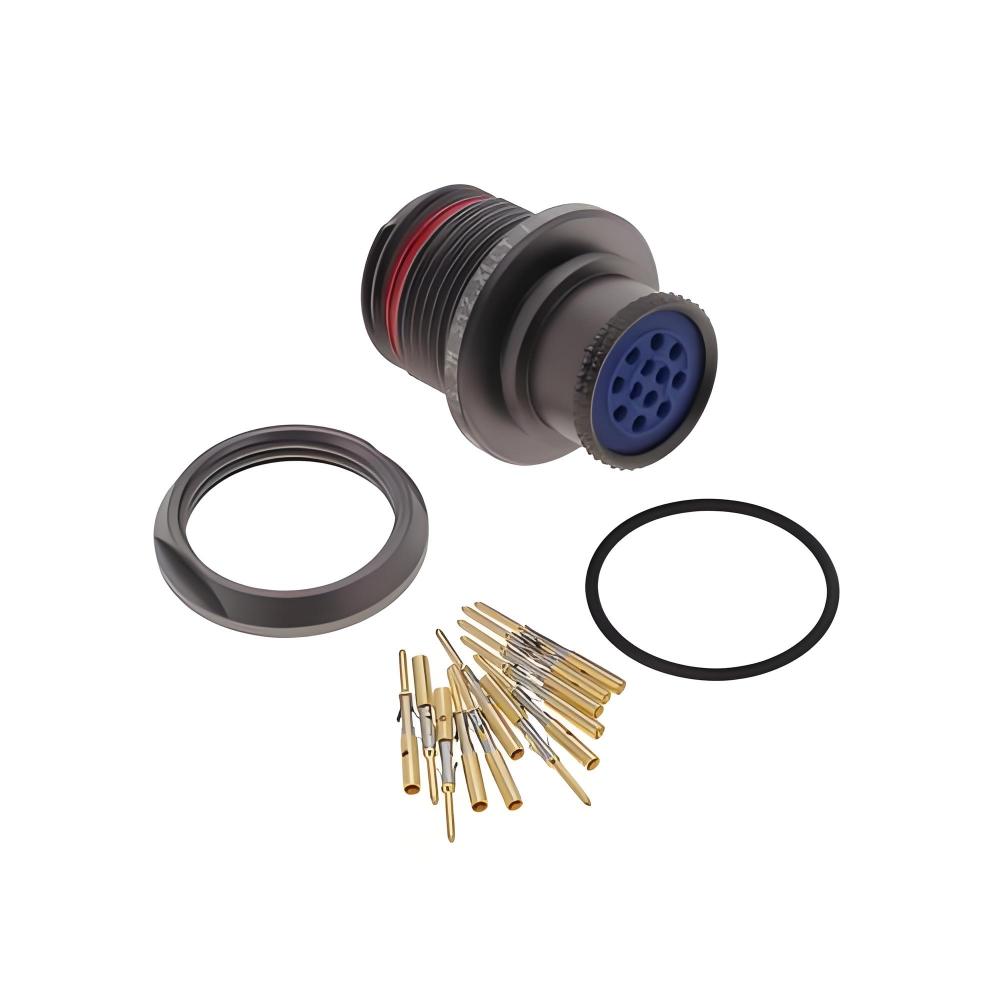
- Healthcare: PES is a staple in medical devices, from dialysis membranes to sterilization trays, due to its biocompatibility and resistance to repeated sterilization.
- Aerospace and Automotive: Its lightweight yet durable nature makes PES ideal for electrical connectors, sensor housings, and fuel system components.
- Electronics: With excellent dielectric properties and heat resistance, PES is used in circuit boards, insulators, and connector housings.
- Food Processing: PES’s compliance with food safety standards and resistance to cleaning agents make it suitable for pump components and conveyor parts.
- Industrial Equipment: Precision-machined parts like valves, fittings, and gears benefit from PES’s durability and low wear properties.
These applications highlight why Polyethersulfone is a trusted material in industries where performance and reliability are paramount.
Advantages and Disadvantages of Polyethersulfone
When considering Polyethersulfone for manufacturing, it’s essential to weigh its strengths against its limitations to ensure it aligns with project requirements.
Advantages
- Heat Resistance: PES thrives in high-temperature settings, maintaining performance where other plastics might fail.
- Chemical Durability: Its resistance to aggressive chemicals ensures longevity in challenging environments.
- Mechanical Reliability: The material’s strength and creep resistance make it ideal for load-bearing components.
- Customizability: Available in various grades, PES can be tailored for specific applications, from medical to industrial uses.
- Precision Stability: Its dimensional stability ensures consistent performance in precision-machined parts.
Disadvantages
- Higher Cost: PES is pricier than many plastics, which may pose challenges for budget-conscious projects.
- Processing Complexity: Its high melting point requires specialized machining or molding equipment, increasing production demands.
- UV Sensitivity: Without treatment, PES can degrade under prolonged UV exposure, limiting its use in outdoor settings.
- Low-Temperature Brittleness: At extremely low temperatures, PES may become brittle, restricting its use in cold environments.
By understanding these trade-offs, manufacturers can make informed choices about incorporating PES into their projects.
Why Polyethersulfone is a Game-Changer for Precision Manufacturing
Polyethersulfone’s blend of strength, thermal stability, and chemical resistance makes it an exceptional choice for creating durable, high-precision components. Its ability to perform in demanding environments ensures that parts made from PES meet the rigorous standards of modern industries, from healthcare to aerospace.
At Precionn, we harness the power of advanced materials like Polyethersulfone to deliver precision-machined solutions for our global clients. With our expertise in the machining industry, we help businesses create reliable, high-quality components tailored to their unique needs. Explore our website to discover how Precionn can elevate your next project with cutting-edge materials and unmatched craftsmanship.

